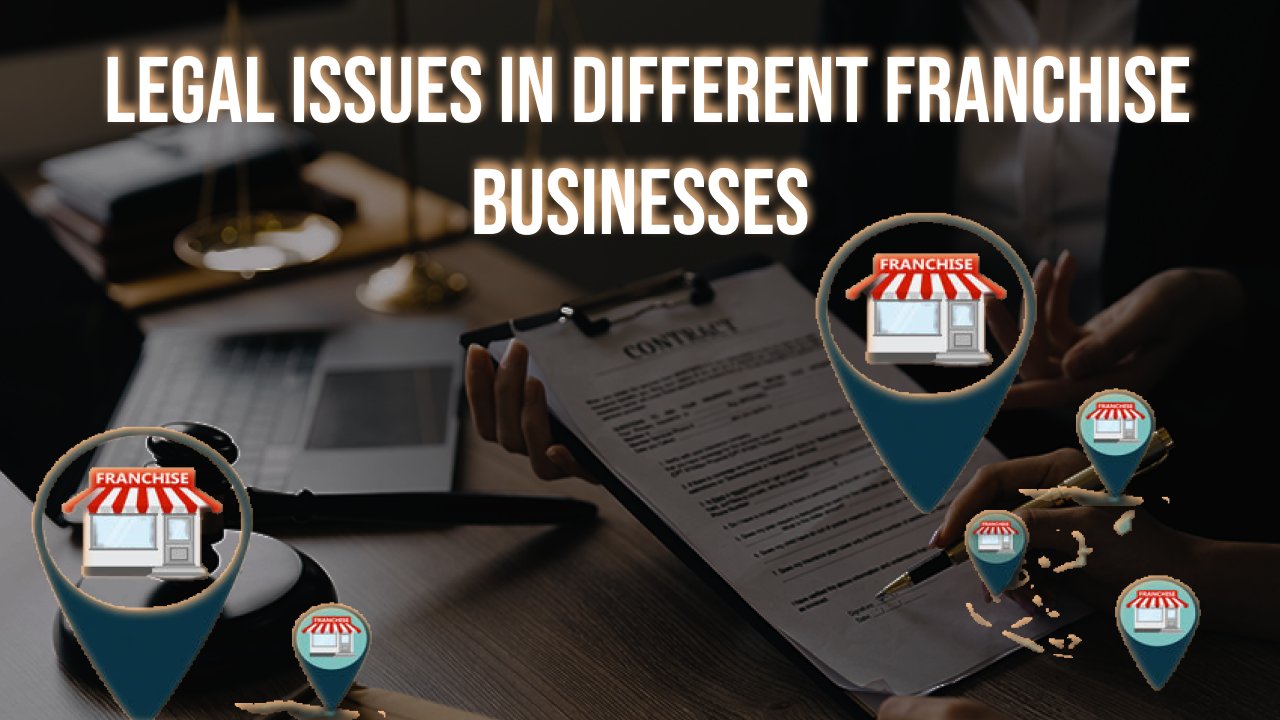In the dynamic landscape of entrepreneurship, the franchise disclosure document (FDD) stands as a pivotal pillar of legal protection and clarity. For aspiring franchisees, this comprehensive document is not merely a formality; it is a roadmap that unveils the intricacies of a franchise opportunity.
Packed with essential details, from financial obligations to operational guidelines, the FDD offers a snapshot of what it truly means to join a franchise network. Yet, amidst the layers of legal jargon and numerical data lies a wealth of invaluable insights that can shape the trajectory of a business endeavor.
Understanding the FDD is not just about compliance; it’s about forging a foundation for success, equipping future franchisees with the knowledge they need to navigate the complexities inherent in franchising. As such, this article delves deep into the FDD, illuminating its significance and empowering candidates to make informed decisions on their entrepreneurial journey.
Introduction to the Franchise Disclosure Document (FDD)

The Franchise Disclosure Document (FDD) serves as the cornerstone of the franchise relationship, meticulously outlining the essential information that potential franchisees must grasp before committing to this business endeavor. This comprehensive document not only enumerates the rights and obligations of both franchisors and franchisees but also provides an in-depth look at the operational framework, financial expectations, and legal considerations unique to the franchise model.
Its a roadmap through the often complex and nuanced landscape of franchising, empowering potential investors with the knowledge they need to make informed decisions. The FDD encapsulates various elements, such as initial fees, ongoing royalties, and critical performance metrics, ensuring that franchisees understand what lies ahead in their journey.
In essence, navigating the FDD isn’t just a formality; it’s an essential strategic step towards securing a successful and sustainable franchise operation.
Legal Requirements for Franchise Disclosure

Understanding the legal requirements for franchise disclosure is crucial for both franchisors and prospective franchisees, as it establishes a foundation of transparency and trust within the franchise relationship. The Federal Trade Commission (FTC) mandates that franchisors provide a Franchise Disclosure Document (FDD) at least 14 days before any binding agreement or payment is made.
This document must contain comprehensive information, including details about the franchise system, the financial status of the franchisor, and any history of litigation or bankruptcy. Moreover, individual states may impose additional requirements, creating a patchwork of regulations that can complicate compliance.
Franchisors must navigate this landscape carefully, ensuring they fulfill all obligations to avoid potential legal repercussions that can arise from incomplete or misleading disclosures. As such, this legal framework not only protects franchisees but also enhances the credibility of the franchisor, ultimately fostering a healthier and more sustainable business relationship.
Structure and Content of the FDD

The Franchise Disclosure Document (FDD) serves as a critical compass for potential franchisees, navigating them through the intricate waters of franchising. At its core, the FDD is structured into several key sections that elucidate the franchisor\’s and franchisee\’s rights and responsibilities. It typically begins with a comprehensive overview of the franchise system and its business model, followed by vital details such as financial performance representations, initial and ongoing fees, and the franchisees obligations.
Moreover, the FDD unveils a treasure trove of insights into litigation history, franchisee turnover rates, and the terms of the franchise agreement itself. Each item is meticulously crafted to ensure that prospective franchisees are equipped with the information necessary for making informed decisions.
This document, while laden with legalese and specifics that might daunt the uninitiated, ultimately strives to foster transparency and trust, setting the stage for a mutually beneficial franchising relationship. Like a roadmap, the FDD not only delineates the journey ahead but also highlights potential pitfalls, ensuring that those who embark on this path do so with their eyes wide open.
Conclusion
In conclusion, the Franchise Disclosure Document serves as a critical legal framework that not only protects potential franchisees but also fosters transparency and trust within the franchise system. By providing essential information regarding the franchise opportunity, financial obligations, and operational expectations, this document empowers prospective franchise owners to make informed decisions.
Ultimately, a well-prepared Franchise Disclosure Document is instrumental in establishing a solid foundation for successful franchise relationships, promoting an environment where both franchisors and franchisees can thrive together.


